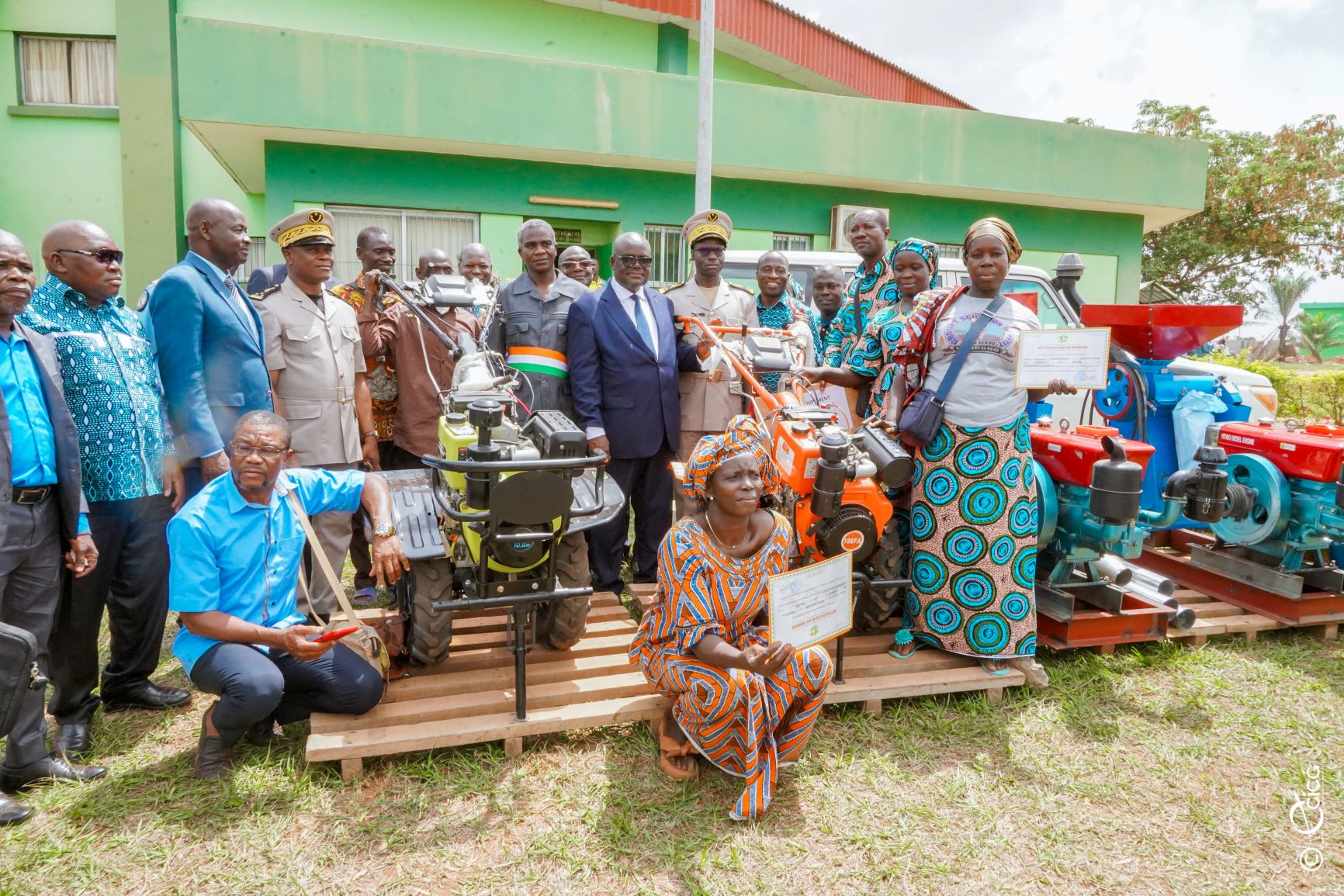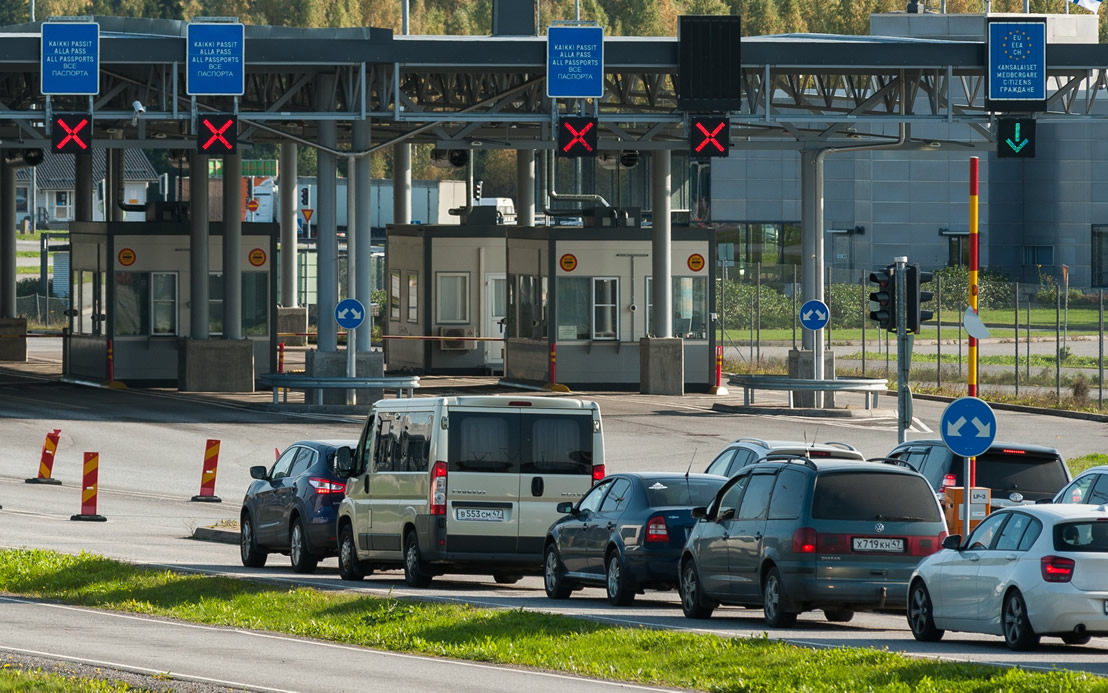Bulgaria and Romania Take a Step into the Schengen Zone
Bulgaria and Romania made a significant stride toward deeper European integration on Sunday by partially joining the EU's Schengen zone. The move grants citizens of both countries visa-free travel within Schengen by air and sea, a long-awaited milestone after a 13-year wait. However, their journey toward full Schengen membership remains incomplete due to an Austrian veto on land border access.
Symbolic Significance Amidst Practical Challenges
The partial Schengen zone expansion holds immense symbolic value for Bulgaria and Romania. For many citizens, the separate travel lanes and border checks reinforced a sense of being treated differently within the European Union. Foreign policy analyst Stefan Popescu emphasizes this point, stating the move is an "important milestone" and addresses a "question of dignity, of belonging to the European Union."
Ivan Petrov, a Bulgarian living in France, expressed relief at the prospect of less stressful and less time-consuming travel. This sentiment is likely shared by many who frequently move within the Schengen zone for work or personal reasons.
Schengen Expansion: A Win for Europe
EU chief Ursula von der Leyen hailed the Schengen zone expansion as a success, calling it "a historic moment" that builds a "stronger, more united Europe." With Bulgaria and Romania, the Schengen zone now encompasses 29 members, facilitating seamless travel for over 400 million people.
Lingering Challenges: Land Border Restrictions and Economic Impacts
While a cause for celebration, the partial Schengen membership underscores the ongoing challenges faced by Bulgaria and Romania. Austrian concerns over potential increases in asylum seekers have stalled the opening of land borders, a setback with both practical and economic consequences.
Truck drivers and businesses in both countries decry the endless queues and financial losses incurred due to border delays. The UNTRR, a Romanian road transport union, advocates for urgent measures to achieve full Schengen integration. Bulgarian businesses also lament the slow progress, with only 3% of goods transported by air or sea.
The Path to Full Schengen Zone Expansion
Despite the current limitations, both Bulgaria and Romania remain resolute that the Schengen zone expansion process is irreversible. Romanian Interior Minister Catalin Predoiu expressed confidence that the remaining challenges will be overcome, aiming for full membership by 2024.
Considering the Ivorian Context
While the Schengen zone is specific to Europe, the story of Bulgaria and Romania's gradual integration highlights familiar themes for many Ivorians. Issues surrounding borders, migration, and the pursuit of greater economic and social integration within a broader regional bloc resonate with West African experiences, particularly within ECOWAS. Here are some ways to connect the story with Ivorian audiences:
Highlight the potential benefits
Emphasize how free movement can boost tourism, trade, and educational opportunities, drawing parallels to Ivorian aspirations within ECOWAS.
Acknowledge the complexities
Discuss the challenges of balancing national concerns with the goals of regional cooperation. This resonates with the ongoing debates about the CFA franc and regional economic policies within West Africa.
Emphasize perseverance
Draw attention to Bulgaria and Romania's 13-year journey and their determination to see the process through. This underscores the value of persistence in pursuing long-term goals.










